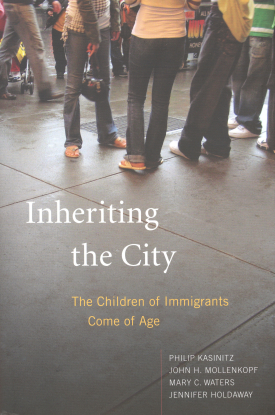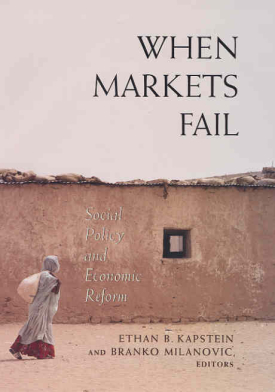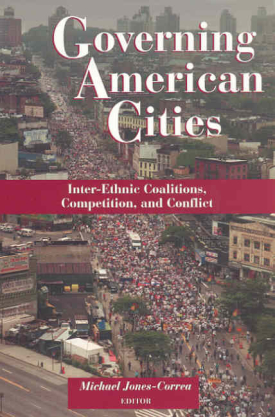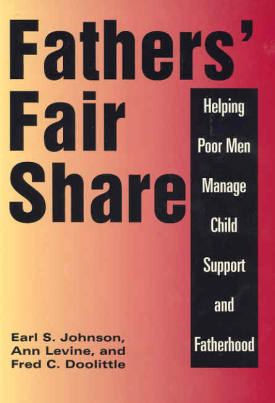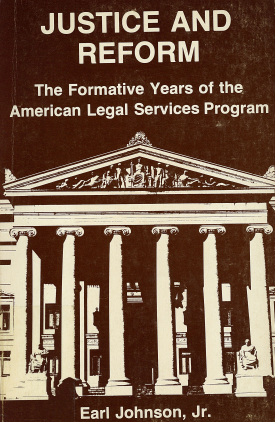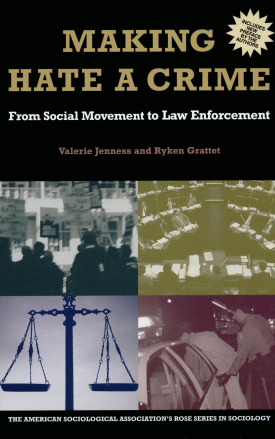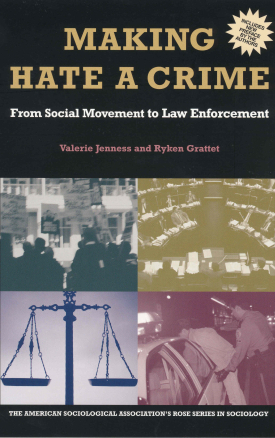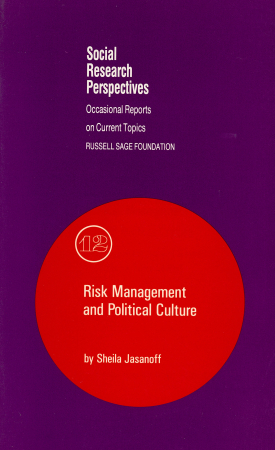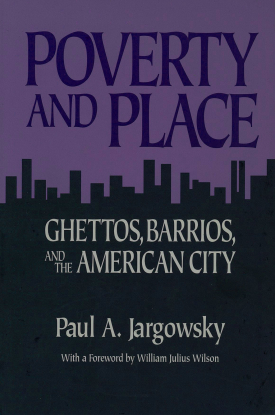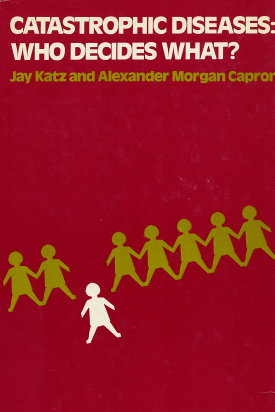
Catastrophic Diseases
About This Book
People do not choose to suffer from catastrophic illnesses, but considerable human choice is involved in the ways in which the participants in the process treat and conduct research on these diseases.
Catastrophic Diseases draws a powerful and humane portrait of the patients who suffer from these illnesses as well as of the physician-investigators who treat them, and describes the major pressures, conflicts, and decisions which confront all of them. By integrating a discussion of "facts" and "values," the authors highlight the forces which affect new developments in medicine—such as kidney and heart transplants—and the controversial issues they generate.
Katz and Capron explore these issues through the use of dual conceptual perspectives. Their study first examines and evaluates the authority which should be vested in each of the chief participants in the catastrophic disease process—the physician-investigator, the patient-subject and his relatives, the professionals, and the state. Challenging questions are raised concerning medical education, informed consent, and professional responsibility. The authors next explore how the roles and capacities of the participants vary not only according to the basic issues they face but also according to the point in decision-making at which these issues arise. The process of investigating and treating catastrophic diseases, the authors believe, can thus usefully be divided into three decision-making stages—the formulation of policy, the administration of research and therapy, and the review of the decisions and their consequences.
In conclusion, Katz and Capron demonstrate the need for a variety of individuals and groups with diverse values to be involved in decision-making in a manner which will not unnecessarily impede the scientific investigation of these diseases.
JAY KATZ is professor (adjunct) of law and psychiatry at Yale Law School.
ALEXANDER MORGAN CAPRON is associate professor of law at the University of Pennsylvania Law School.

